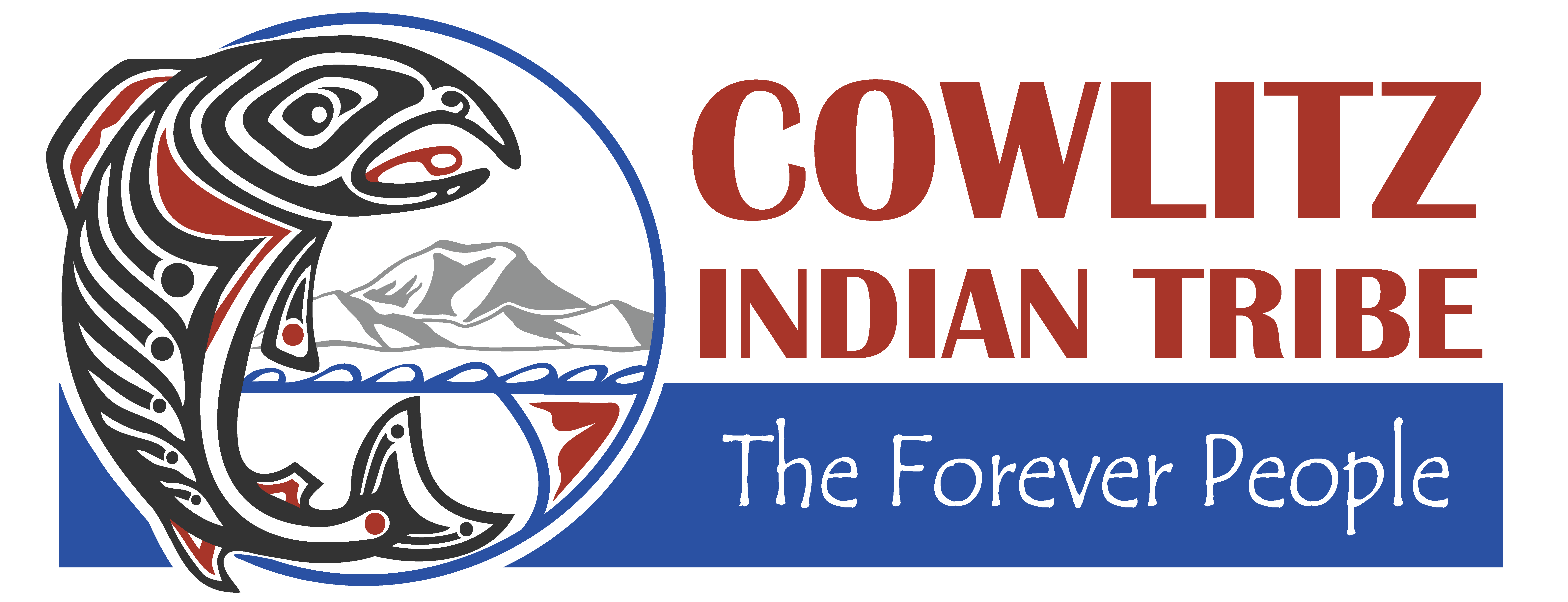We use cookies to improve your website experience. Essential cookies are required for the site to function properly, while analytics cookies help us understand how visitors use our site to make improvements. You can choose to accept all cookies or only the essential ones.

About
Our mission is to advance understanding and stewardship of the Earth through science, education, and exploration of volcanic landscapes.
Who We Are
The Mount St. Helens Institute, founded in 1992, connects people of all ages to Mount St. Helens and our natural world through educational programming designed to enrich visitors’ appreciation and understanding of the Pacific Northwest’s youngest and most active volcano.
We are proud of the many ways we connect people to the volcano they love, from outdoor youth education programs hosted at the Mount St. Helens Science & Learning Center, to expert-led field seminars and guided exploration programs, to meaningful volunteer opportunities across Mount St. Helens and the surrounding Gifford Pinchot National Forest.
The Mount St. Helens Institute is a 501(c) (3) private, nonprofit organization devoted to helping people understand and protect the volcano.
We consider ourselves to be purveyors of passion and our passion is Mount St. Helens.


What We Do
We envision a world where all people have a meaningful connection to the Earth, living in harmony with each other and the natural world. To do this, we connect people to Mount St. Helens through science, education, and exploration.

There is something for everyone at Mount St. Helens Institute!
Youth Education
Guided Adventures
Volunteering
Campouts
Snowshoeing
Mushroom Foraging
Online Events
Community Education
And more!
The Mount St. Helens Institute is proud to operate under a special use permit from the US Forest Service and is an equal opportunity education provider.
Our Team
Who is the amazing team behind the Mount St. Helens Institute? A group of passionate, enthusiastic people dedicated to sharing the magic of Mount St. Helens.
Work with us
Our Supporters
We could not do the work we do without the support of our partners and sponsors.
Check out all our partners and supporters!





Co-Leadership at MSHI
Since 2025, MSHI has used a Co-Executive Director leadership model. This model benefits MSHI in many ways. Co-Leadership:
- Offers leadership built-in thought partnership, creating a framework for sound decision making that takes multiple perspectives and organizational needs into account
- Provides better access to leadership for stakeholders at a variety of levels including staff, volunteers, board members, partners and community members
- Models collaborative decision making and shared vision
- Demonstrates how complementary experiences, skill sets, and personalities bring strength to an organization
- Invests in staff, creating opportunities for professional development and distributed workloads
- Builds in succession planning and organizational depth without undue redundancy
At MSHI, the Co-Executive Directors, Abi Groskopf and Alyssa Hoyt, have both shared responsibilities and individual roles. Abi takes the lead on internal operations like programs, finance, and HR while Alyssa focuses on external activities including development and marketing. Together, they work with the board, engage with MSHI partners, and provide strategic direction for the organization. Learn more about Abi and Alyssa in their bios!

Coldwater Project
Mount St. Helens Institute is committed to providing high quality science education, supporting local communities, and providing incredible visitor experiences at Mount St. Helens.
Our commitment to equity
Exposure to the transformative and inspiring landscape of Mount St. Helens should be open and accessible to all. At Mount St. Helens Institute, we advocate for that access. We value people from all backgrounds and honor the innumerable ways of learning and knowing, because diverse perspectives and cultural knowledge are integral to achieving a deeper understanding of this landscape and its history.
We acknowledge sociocultural inequities—including, but not limited to, racism, sexism, and classism—limit certain communities’ exposure to science, education, and exploration of the natural world. We grow based on who and how we serve, so to confront and work against these inequities, we strive to:
Commit to making diversity, equity and inclusion evident in our organization’s culture, policies, curriculum, programs, and partnerships
Value, respect, and acknowledge the unique experiences, talents, and backgrounds of our staff, board, volunteers, partners, and program participants
Build collaborative relationships, aware that it takes time and effort to develop authentic and deep connections
Remain willing to learn from our mistakes, open to critique and dialogue, and continue to actively learn about diversity, equity and inclusion practices
Establish a culture of respect, openness, integrity, and honesty in order to inspire each person’s curiosity and joy
2024 Annual Report
Accountability
MSHI is committed to transparency with and accountability to those we serve. Learn more about our financial transparency and strategy. To read our full strategic plan, click here.
Strategic Plan and Updates
Visit our strategic plan page for our complete 2026-2028 strategic plan.
2026 Strategic Pillars:

Past strategic plan:
Sign Up For Our Newsletter
Stay connected with our monthly email newsletter and special announcements.


